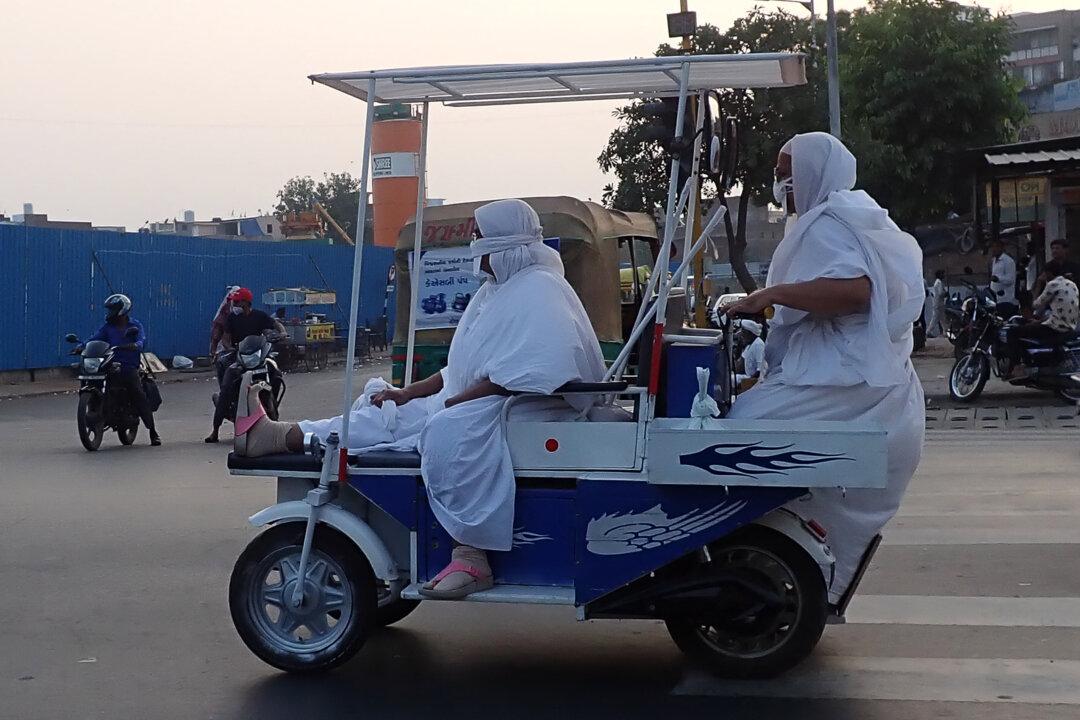India has launched a probe into the alleged misappropriation of incentives given under a 100 billion rupee ($1.2 billion) scheme, which was designed to accelerate the adoption of electric vehicles (EVs) in the country.
Indian Minister for Heavy Industries Mahendra Nath Pandey told Parliament on Tuesday that the investigation was initiated in response to complaints received by the ministry involving 12 local automakers.





